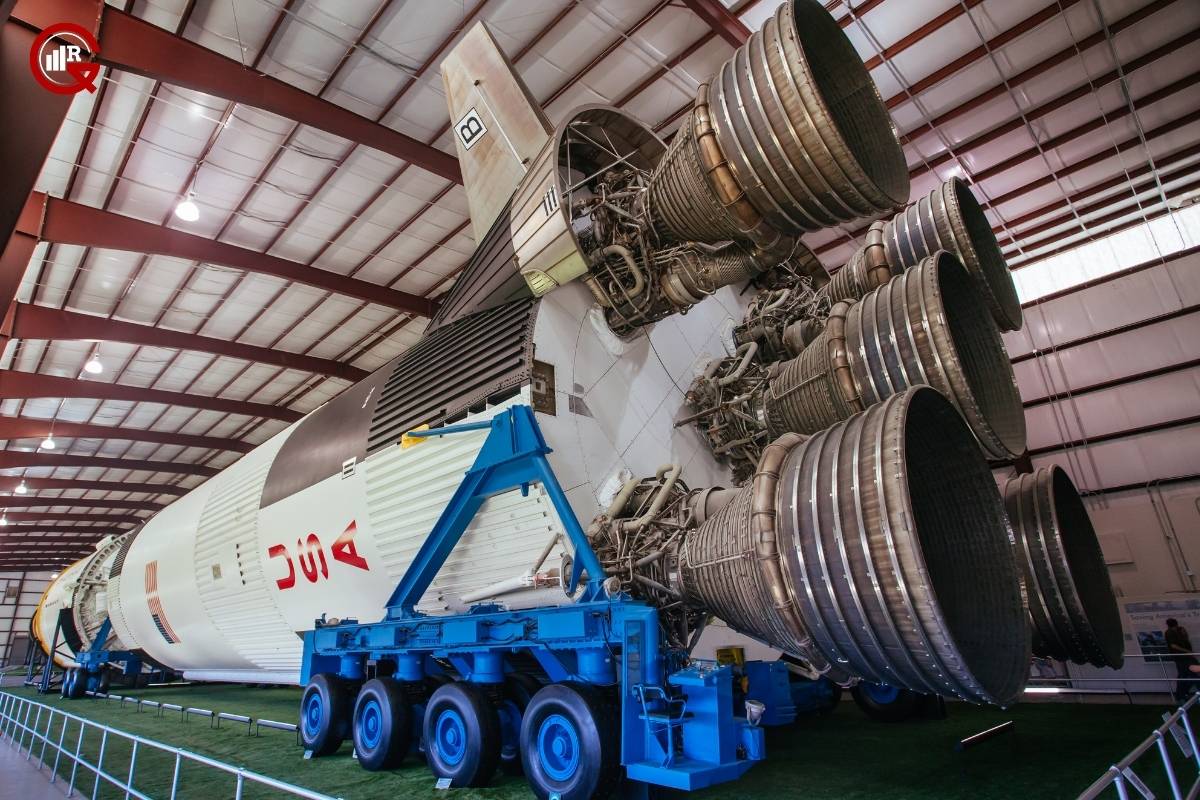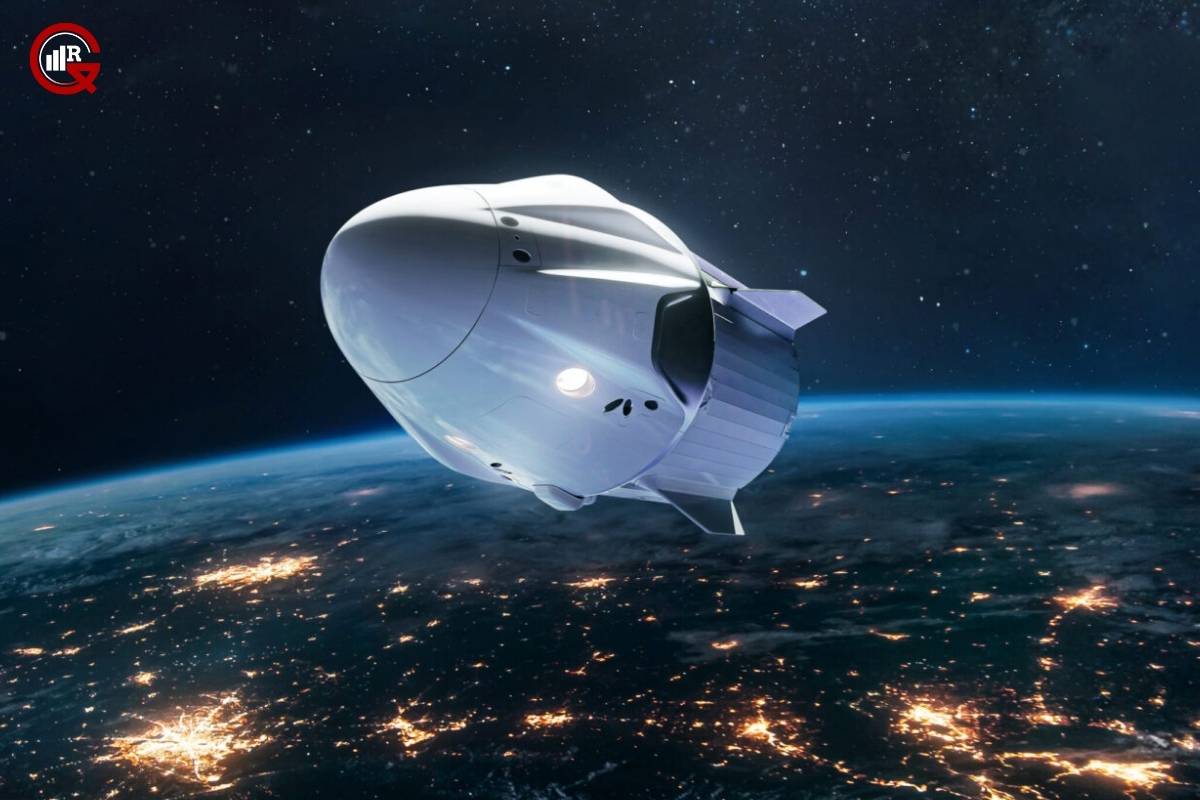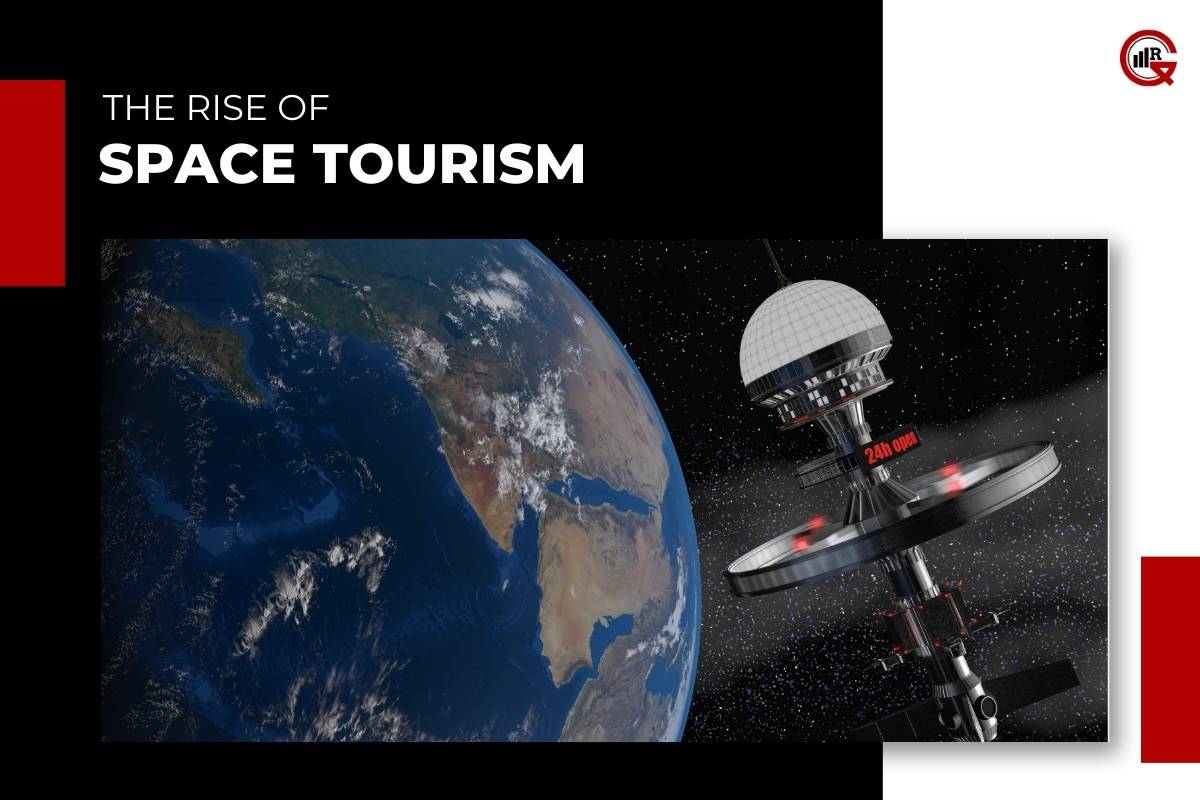In the vast expanse of the universe, there exists a realm of wonder, mystery, and adventure waiting to be explored. While space has long been the domain of astronauts and scientists, a new era has dawned, one where ordinary citizens can venture beyond the confines of Earth and experience the thrill of space travel firsthand. This burgeoning industry, known as space tourism, holds the promise of opening up the cosmos to humanity in ways previously unimaginable.
Tourism, once the realm of science fiction, has rapidly become a reality thanks to advances in technology and a growing interest in commercial space travel. What was once the exclusive domain of government space agencies has now been opened up to private companies and individuals eager to experience the awe-inspiring views of our planet from orbit. With companies like SpaceX, Blue Origin, and Virgin Galactic leading the way, tourism has transitioned from a distant dream to a tangible possibility for those with the means and the desire to explore the cosmos.
The concept of space tourism dates back several decades, with early pioneers such as Dennis Tito and Mark Shuttleworth blazing the trail by becoming the first private citizens to visit the International Space Station (ISS) in the early 2000s. These groundbreaking missions paved the way for the development of commercial spaceflight capabilities and laid the foundation for the burgeoning space tourism industry we see today.
The Promise of Space Tourism
One of the most notable players in the space tourism arena is SpaceX, founded by entrepreneur Elon Musk. SpaceX has made headlines with its ambitious plans to send tourists on orbital journeys around the Earth and beyond. The company’s Crew Dragon spacecraft, designed to transport astronauts to the ISS, has been adapted to accommodate private passengers, offering them the opportunity to experience the wonders of space firsthand.

Similarly, Blue Origin, founded by Amazon CEO Jeff Bezos, has been making strides in the field of each type of tourism with its New Shepard rocket. Designed for suborbital flights, the New Shepard offers passengers a brief but exhilarating taste of weightlessness as they soar to the edge of space and back in a matter of minutes. With its reusable rocket technology and sleek capsule design, Blue Origin is poised to revolutionize the way we think about space travel.
Virgin Galactic, led by British entrepreneur Sir Richard Branson, is another key player in the space tourism industry. The company’s SpaceShipTwo spacecraft is designed to take passengers on suborbital flights, offering breathtaking views of the Earth below and the vast expanse of space beyond. With its innovative air-launched rocket system, Virgin Galactic aims to make space travel accessible to a wider audience, ushering in a new era of commercial spaceflight.
Leading Players in the Space Tourism Industry
While space tourism is still in its infancy, the industry holds immense promise for the future of space exploration and commercial enterprise. Beyond offering thrill-seekers the opportunity of a lifetime, tourism has the potential to drive scientific research, technological innovation, and economic growth on a global scale. By opening up access to space, companies like SpaceX, Blue Origin, and Virgin Galactic are paving the way for a future where space travel is not just the privilege of a select few, but a possibility for all who dare to dream.

However, space traveling is not without its challenges and controversies. Critics argue that the environmental impact of space travel, particularly in terms of carbon emissions and space debris, must be carefully considered and mitigated. Additionally, questions of safety and regulation loom large, as the industry grapples with the complexities of launching humans into space on a commercial basis.
The Promise of Space Tourism

Despite these challenges, the future of space traveling looks brighter than ever. With each successful mission and technological breakthrough, the dream of exploring the cosmos becomes a little more attainable for those willing to venture beyond the bounds of Earth. Whether it’s a suborbital joyride or a journey to the stars, space tourism offers a glimpse into a future where the final frontier is within reach for all who dare to reach for the stars.
Conclusion:
In conclusion, space tourism represents a bold new frontier in human exploration, offering ordinary citizens the opportunity to experience the wonders of space travel firsthand. With companies like SpaceX, Blue Origin, and Virgin Galactic leading the way, the dream of exploring the cosmos is closer than ever before. As we look to the stars with wonder and awe, let us embrace the possibilities of space tourism and dare to dream of a future where the final frontier is open to all who dare to reach for the stars.






